1. Signs of a bad fuel pump
If your car comes equipped with an internal combustion engine, there is definitely no way it won’t have a fuel pump. Many drivers sometimes end up in serious financial debt from repairs just because they do not put their ears down and observe certain signs or warnings of a possible fuel pump problem.
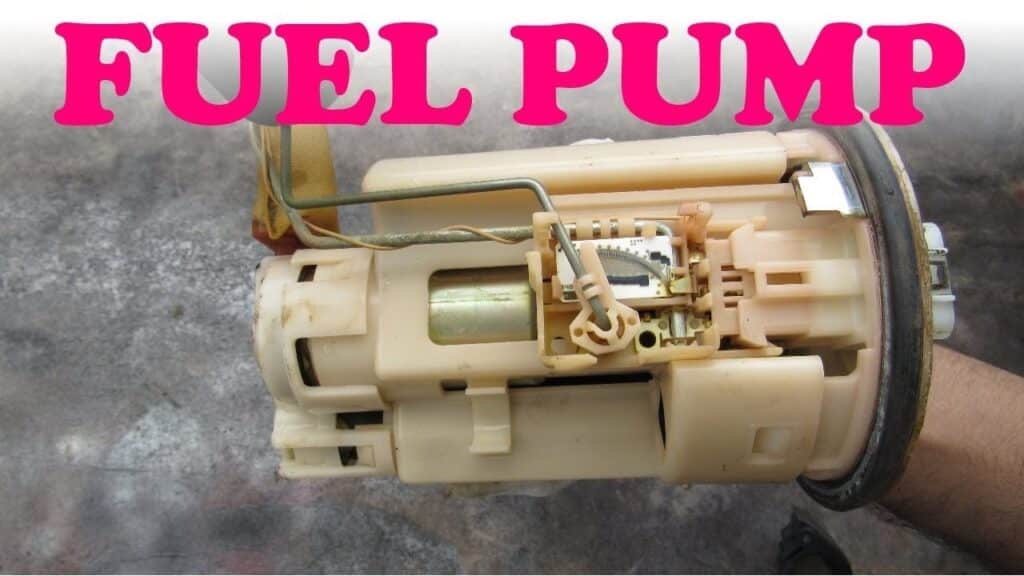
The job of the fuel pump is simple as well as important. It delivers fuel to the engine from the gas tank at the required pressure needed for performance. The fuel pump is always activated and pressurized when the ignition key is turned on. The sound of a working fuel pump is mostly quiet. Most modern cars feature electric fuel pumps mounted within the fuel tank. That doesn’t mean you can’t see modern cars with mechanical or inline fuel pumps. As a result of the important role this pump plays in your vehicle, any problem with it can give you a serious headache. Check out the most common signs of a failing or bad fuel pump:
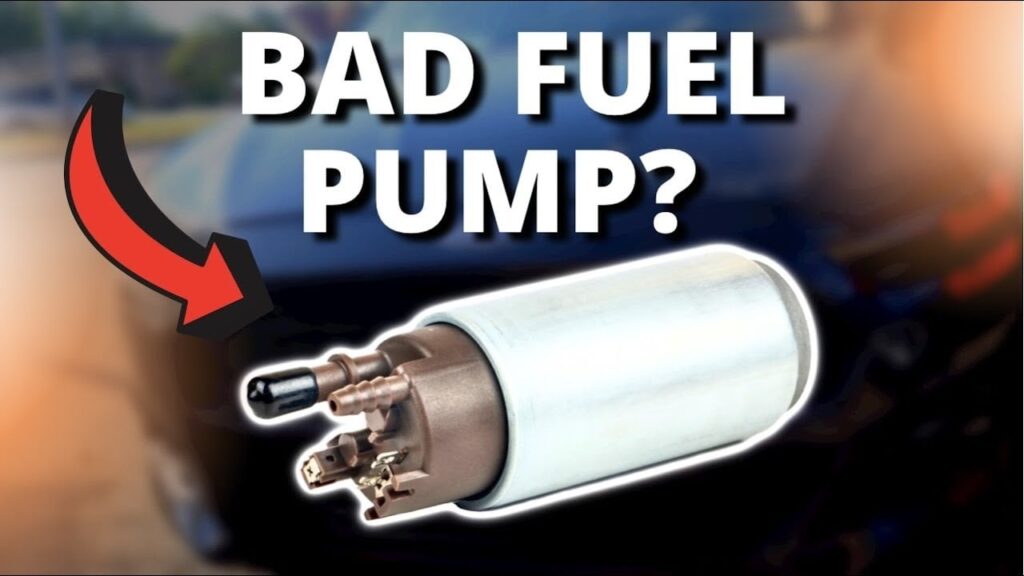
- Whining sound from the fuel tank
The very first sign of a bad fuel pump is a loud whining noise coming from the fuel tank. Except you are not observant enough, you should be hearing this sound while driving. These could sometimes be a sign of a damaged fuel pump, insufficient fuel or having fuel that is contaminated inside the vehicle.
- Problem starting
You may encounter difficulty when starting the vehicle if you have a failing or bad fuel pump. Anytime the ignition is turned on, the fuel pump also runs. It could get worn out or even get weakened with time. What you should know is that if your car has a weak fuel pump, it may still pump fuel but gives you problem starting the engine due to the absence of required pressure. This is why it sometimes takes a lot of effort or cranks before you start the car.
- Sputtering of engine
One of the most obvious ways of knowing a bad fuel pump is when the engine sputters at high speed. If your engine sputters before it returns to regular operation when at high speed, it sends a message to you of a possible fuel pump issue. At this point, the fuel pump finds it hard to ensure a regular fuel stream at ideal pressure to the engine.
- Stalling at a high temperature
When there are multiple issues in a vehicle’s fuel pump, it can stall. This often happens at high temperatures. Persistent stalling at such temperature level means the fuel pump is deteriorating. This is an unarguably common of symptom of a faulty fuel pump.
- Loss of power
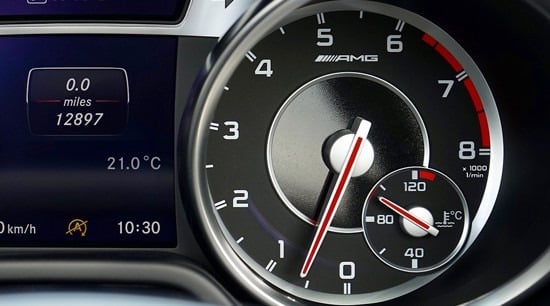
When there is a loss of power, it means something is wrong with the fuel pump. The typical scenario is when you feel the vehicle is under stress when carrying a heavy load or driving uphill. The engine might shut down due to a lack of required fuel to meet up with this heightened demand.
Driving uphill becomes difficult when the fuel pump stops supplying enough fuel to meet the demand.
- Surging of the vehicle
The vehicle’s surge may occur if there is an irregular resistance within the fuel pump motor. This often signals a possible fuel pump in dire need of repair. Many at times, this surging may feel just like a used gas pedal.
- Low gas mileage
If you visit the fuel station more often than usual, it might be due to a problem with the fuel pump. This could be because the valve inside the fuel pump is having difficulty opening, which could cause more fuel than required to go into the engine.
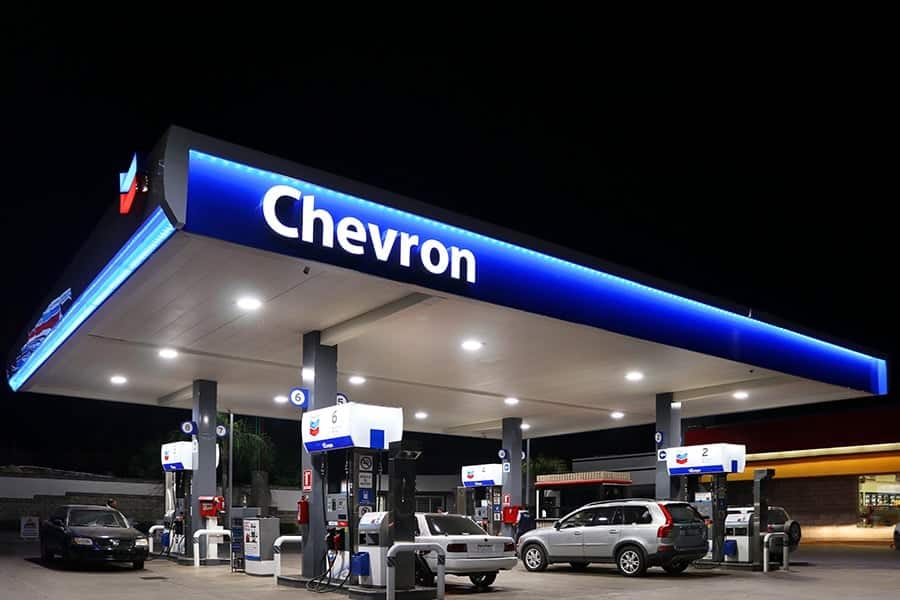
You may end up buying more fuel than usual when there is an issue with the fuel pump
2. Causes of a fuel pump going bad
The big question here is; what causes a fuel pump to go bad? To know why you find yourself in the fuel pump mess in the first place, there are 3 major causes. These are:
- Clogged filters
Many at times, these contaminants could lead to filter clogging, thereby restricting the flow of fuel into the engine. If not taken care of, this might lead to other serious damage to the car.
- Electrical issue
One of the main causes of a bad or failing fuel pump is electrical issues. This happens when there are loose connectors, rusted connectors, or melted connectors/wirings.
- Fuel contamination
When corrosion jeopardizes the fuel, moisture and debris within can bring contaminants into the fuel tank.
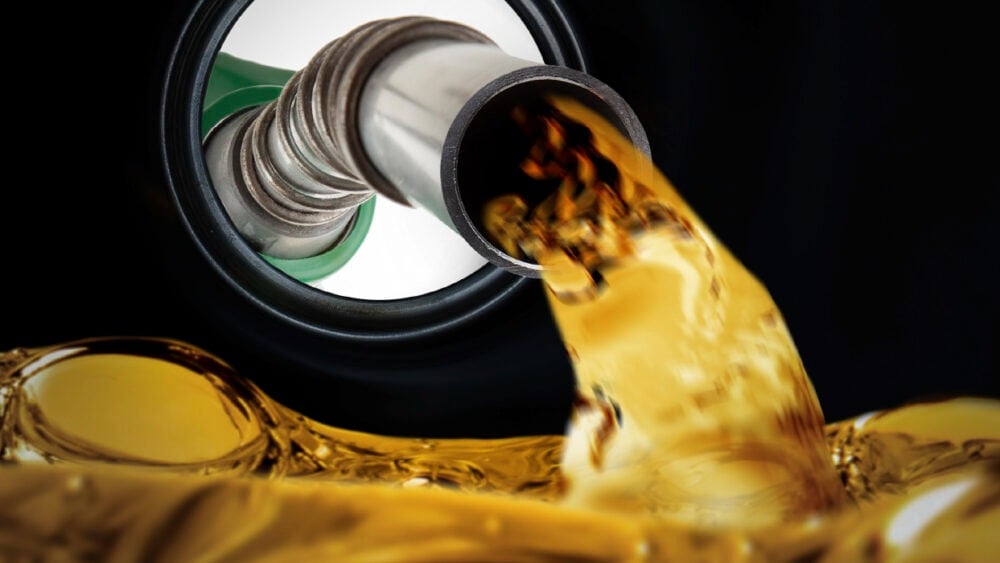
When you pour contaminated fuel into your car, you are putting the fuel pump at huge risk
3. Temporary fuel pump fix
Ideally, we recommend that our readers get a bad fuel pump replaced to have peace of mind on the road. However, some situations warrant that you perform a temporary fix on the fuel pump to get it out of an unsafe location or to get to the closest auto workshop. To get this done, follow these simple tips:
- Make use of the fuel pressure gauge
This method will help get your car started for the time being. It doesn’t require any special technical skills to perform, as it is quite simple and straightforward. Just attach the fuel pressure gauge to the car’s engine and start.
- Apply external pressure
This is required mostly after you have tried the first method. Since cars with bad fuel pumps find it hard to get enough fuel pressure needed for their running, you may have to apply external pressure to them. This will help maintain sufficient supply pressure for the engine.
- Maintain a moderate amount of heat
The fuel pump sometimes resets itself without needing pressure or heat, especially when the vehicle cools. At this point, your car might start but will endanger other parts’ performance. Maintaining its heat level is essential. Do not allow your car to be too cool or hot. Make sure it has a moderate level of heat to get it started and not reduce the performance level of other parts.
Note: these highlighted methods are not permanent solutions to a falling pump. Take your car to an expert for a long-term solution.
How to diagnose and replace a fuel pump
4. Common questions and answers about fuel pumps
When you are faced with a bad or failing fuel pump, some queries usually pop into your head. It doesn’t have to be when you have these problems; it could be a way of preventing possible occurrences. A better understanding will prove helpful in necessary situations.
How long do fuel pumps last?
How to test the fuel pump?
Will a bad fuel pump throw a code?
Will a car start with a bad fuel pump?
How does a car act when the fuel pump is going out?
How to start a car with a bad fuel pump
5. Conclusion
If you are a car owner, you must observe these signs of a bad fuel pump in order to avoid any unwanted surprises. Make sure you are 100% certain about the faulty parts before making some repairs on your own.
Otherwise, whenever you discover any issue with it, take your car to an auto expert for a professional inspection and a permanent fix.


